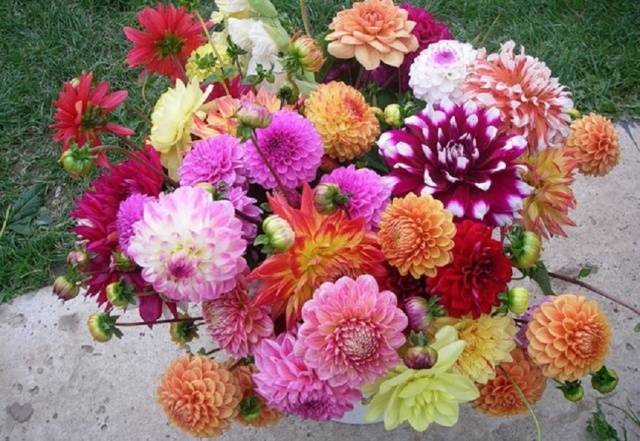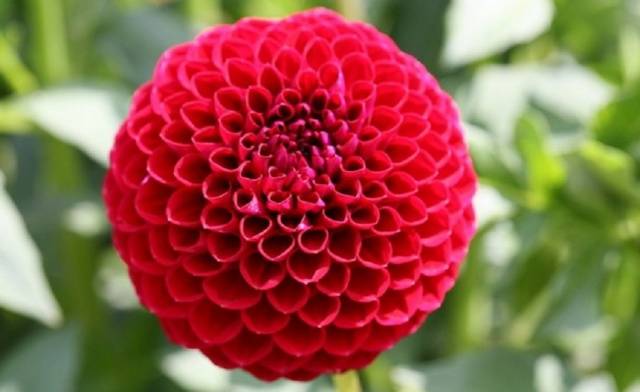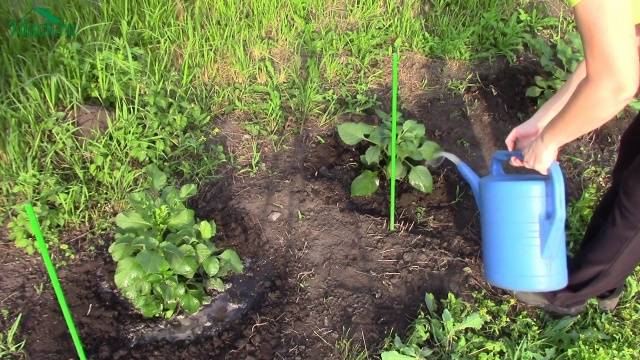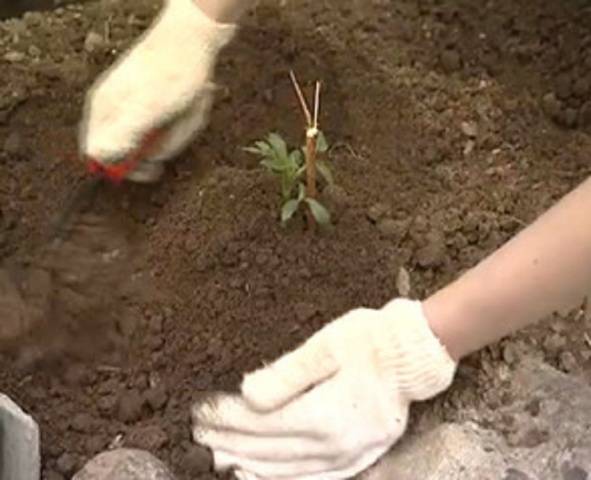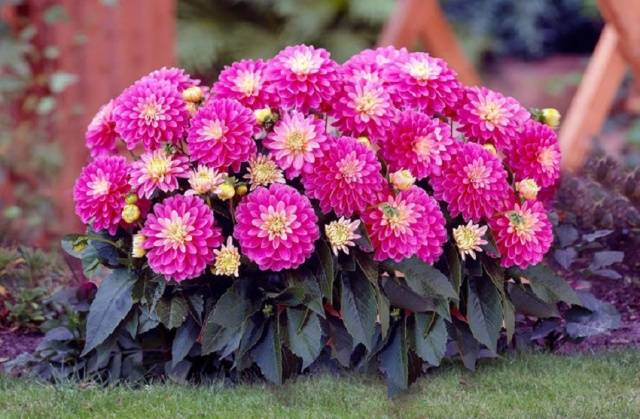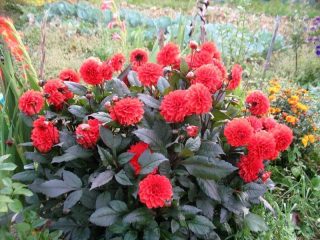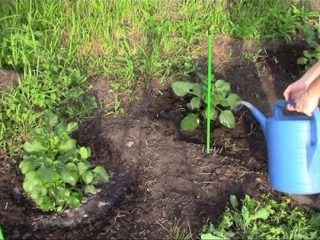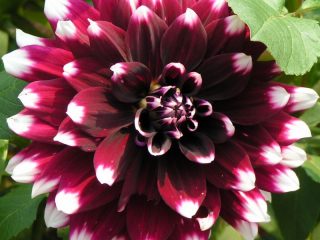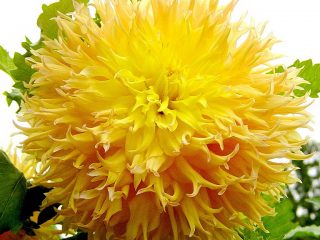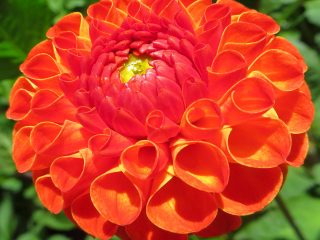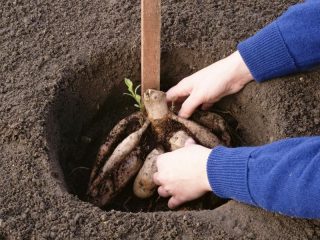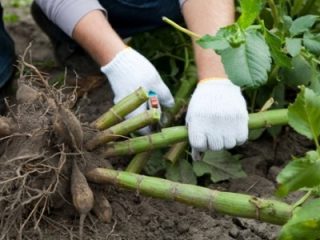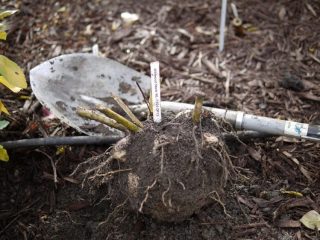Content
One of the favorite flowers of summer residents can be safely called dahlias. They are grown simply to decorate the site, for cutting for gifts, and some for pleasure.
After all, caring for your pets always brings joy. Dahlias grow well in fertile soil, but if you have sand or very poor soil at your dacha, you will have to feed the dahlias.
What fertilizers are suitable for feeding dahlias?
You can feed plants with both organic and mineral compounds. Mineral fertilizers are very convenient for use:
- sold ready-made;
- there are instructions for use;
- big choice.
The disadvantages of mineral supplements are:
- short-term effect;
- need for regular feeding;
- danger of overdose.
Organic matter not only nourishes flowers, but also structures the soil, improves its fertility, and promotes the proliferation of worms and beneficial bacteria.
Among the organic types, the most popular are:
- manure (better cow);
- humus;
- compost;
- bird droppings;
- “green” fertilizers (herbal infusion);
- wood ash.
The effect of organic fertilizers is longer. It is good to fertilize the soil with organic matter in advance. This can be done in the fall by adding manure when digging. It is useful to add compost before planting to the area that is prepared for flowers.It will provide the maximum nutritional composition of the soil for lush flowering and growth of dahlias. You can feed the bushes only with infusions diluted with water.
Frequency of fertilizing dahlias at their summer cottage
You can start feeding plants at the time of planting. To do this, compost and mineral fertilizers are added to the hole. During this period, nitrogen and phosphorus will be needed. All components are mixed with soil and carried out planting tubers.
Then the holes are mulched with fine bark.
It is recommended to feed dahlias no more than once every two weeks. It is good to use for such regular feedings:
- mullein infusion;
- infusion of bird droppings;
- complex mineral fertilizers;
- ready-made mixtures for fertilizing flowers.
The first time food is applied a week after planting, but only if you are sure that the dahlias have taken root. Then maintain an interval of 10 days and repeat the procedure. A groove about 10 cm deep is made around the diameter of the bush.
The bush is first watered into it, and only then the nutritional composition is added. As soon as the fertilizer is absorbed, the furrows are covered with soil.
Approximate schedule for feeding dahlias in the country
At the end of spring or in June, 3-4 feedings are carried out with mullein infusion. It is diluted with water in a ratio of 1:10. Add 20 g of ammonium nitrate and superphosphate to a bucket of solution.
The second disadvantage is that the tubers are stored less well.
In the second half of June and early July, 3 more feedings, but with phosphorus-potassium fertilizers. These fertilizers are needed for good flowering. The inflorescences will be large and the bushes will bloom profusely. To prepare the composition you will need 50 g of superphosphate and 2 cups of wood ash, which are diluted in 10 liters of settled water.
August is the time for feeding tubers. One feeding is enough for their good ripening. You need to take 30 g of potassium sulfate per plant.
Dahlias respond well to feeding.
The last feeding is carried out after flowering and then stopped. This must be done so as not to interfere with the biological rhythms of plants that are preparing for winter.
If you use mixtures from flower shops, still feed your dahlias with organic matter at the beginning of the season. With proper nutrition, they will bloom magnificently and for a long time, tolerate weather fluctuations well, and withstand diseases and pests.
